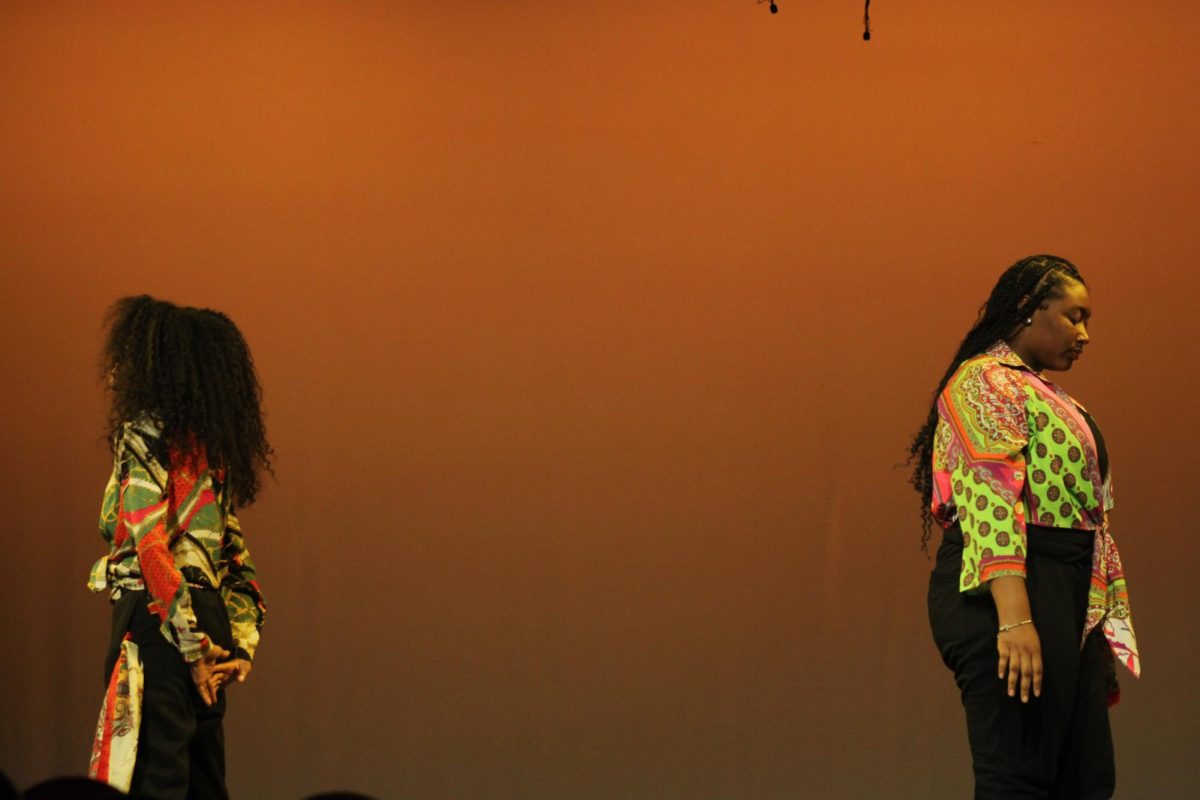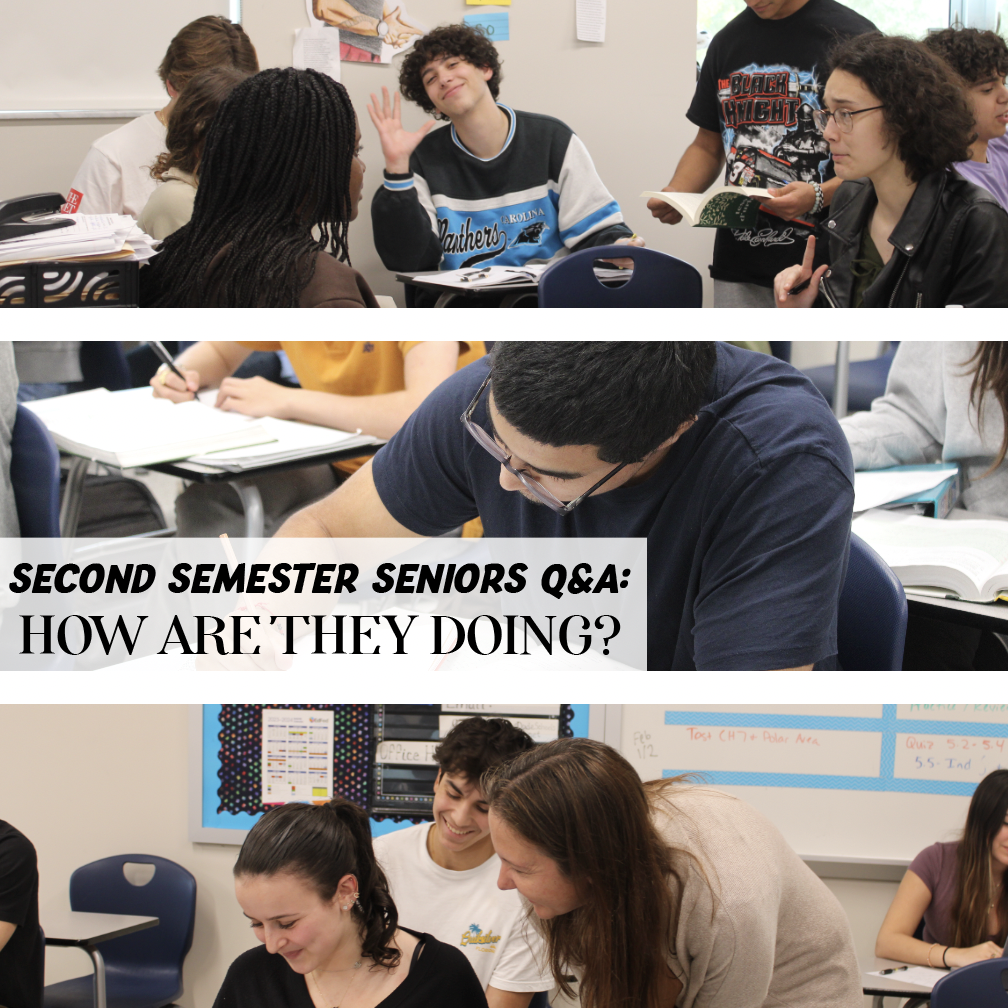Looking back, Palmetto has gone through many changes in its rules and regulations.
A policy that is most apparent and emphasized among the student body is the electronic device policy. Teachers have repeatedly said that a cell phone seen during class will led to confiscation.
Another recent policy that has been raised is the mandatory possession of an ID – students are required to have their ID on their person when in school. The policy was not enforced three years ago.
“The following are some policies that have been added or tweaked over the years: parking rules and decals, leaving campus without permission during the lunch period, and grade level contracts tied in to activity participation,” Assistant Principal Clinton Bales said.
Students, and even Palmetto alumni like Dominic Bisceglia, share the majority opinion.
“I don’t think there has ever been major change to the policies. They are there so that teachers can teach more efficiently and eliminate disturbances. I’m not saying I’m a major proponent for said policies, but I don’t see them causing major harm,” Bisceglia said.
As for the policies Bales mentioned, parking rules and decals have a much stricter policy now. Being able to park in the separate lots is a privilege and students have stressed the confines of those limits by parking in spaces that were not assigned to them, or parking in the lot and not having a decal at all. Random searches now take place to ensure that no one is anywhere that they should not be.
Students are aware of the punishment that follows if rules and regulations are dismissed.
“I know it’s more of an inconvenience to students and teachers, but it’s not the worst that could happen. And as for the school dress code, as well as the electronic device policy, most students, at least the sophomores, juniors, and seniors, know of the consequences,” Bisceglia said.
The majority of students argue that uniforms restrict a fair amount of free speech and what they are comfortable in. Although students have been used to the uniform policy for two years now, many continue to question the necessity of them.







